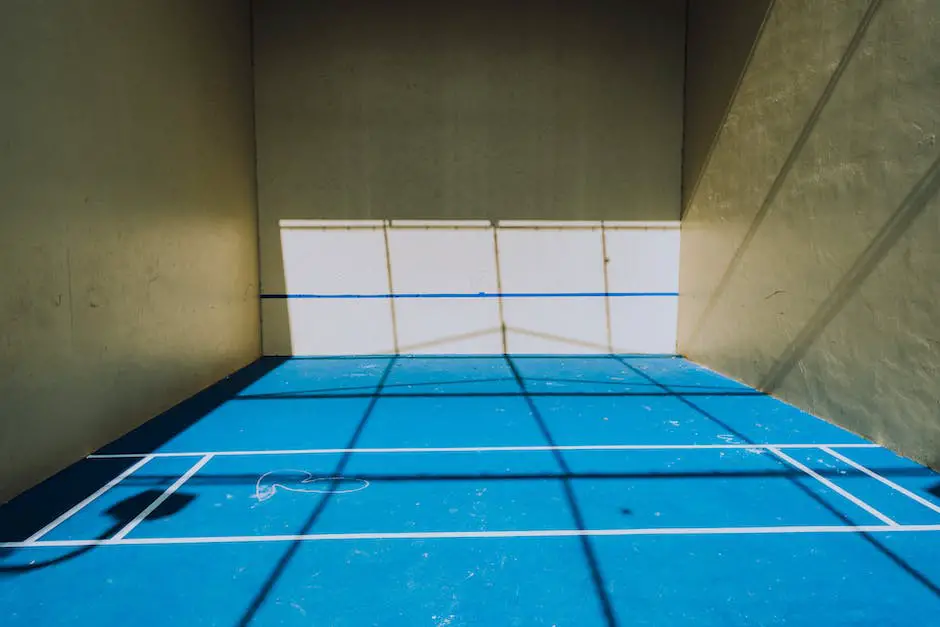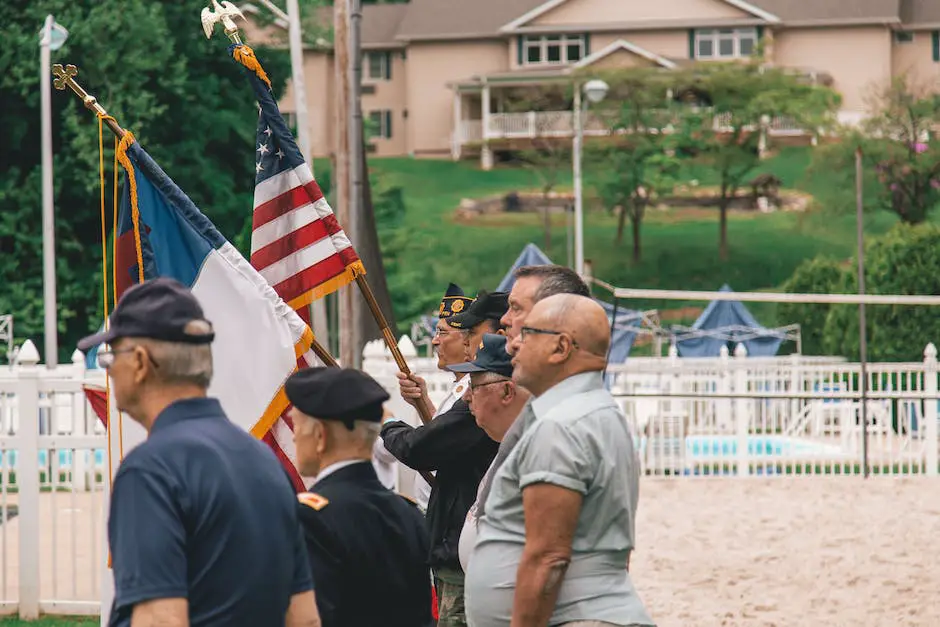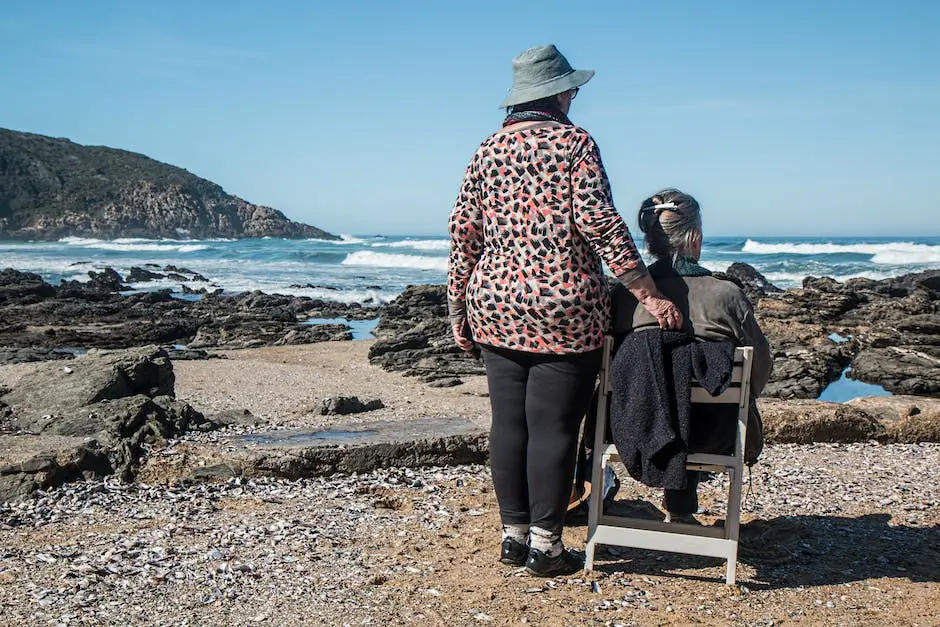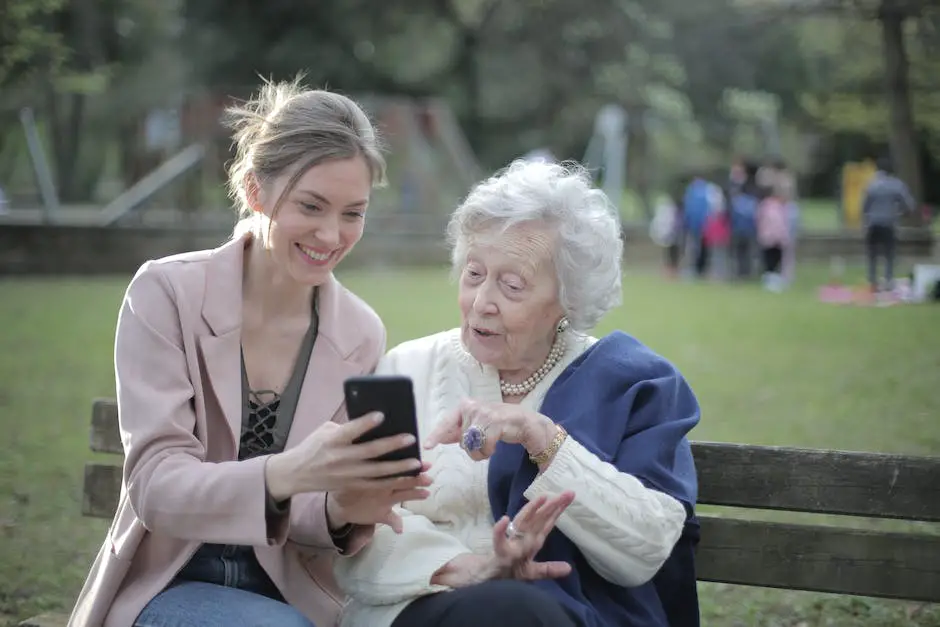Pickleball is more than just a game; it is a path to rejuvenation and camaraderie for seniors keen on leading an active lifestyle. Infusing the best elements of tennis, ping-pong, and badminton, the sport of pickleball has rapidly gained momentum among the senior population. This is not solely due to its simplistic, fun nature but also the multitude of benefits it brings forth – physical, mental, and social. The imminent purpose of this discourse is to unwrap the world of senior pickleball, from understanding its unique premises and benefits to acquainting you with the inspirational journeys of senior pickleball athletes.
Understanding Pickle Ball
Understanding Pickle Ball: A Mix of Tennis, Ping Pong, and Badminton
Pickleball is a sport that blends the principles of tennis, tabletop tennis, and badminton. Created in the mid1960s by three dads in Washington State trying to entertain their bored kids, pickleball has grown into a widely favored sport, especially among seniors.
Playing Pickleball: Beneficial for Seniors
The sport involves two to four players who utilize solid paddles, similar to oversized tabletop tennis paddles, to hit a perforated, plastic ball with 26-40 holes over a net. The dimensions of the court are similar to a doubles badminton court, and the game encompasses elements from tennis as it uses the same scoring method.
The sport is gaining significant popularity among the older population. Pickleball requires less physical stress than other similar sports, making it suitable for seniors. It also helps improve cardio fitness, mobility, reflexes and is excellent for maintaining mental health. Most importantly, it encourages social interaction, a key element for a healthier lifestyle in old age.
Expansion in Popularity Over The Years
Over the years, the popularity of pickleball has surged. Today, more than 3.3 million people in the United States play pickleball, marking a 10% increase since 2019. The sport has seen remarkable growth in many retirement communities around the country. The simplicity of the sport, combined with its low-cost equipment and modest space requirements, has helped it flourish and become a favorable pastime.
The Rules in Pickle Ball
One unique aspect of pickleball is its rules, designed to maintain the recreational and fun nature of the game. The rules are relatively easy to understand and implement, making it a great sport for all ages, particularly seniors. The game starts with the right-hand service square and moves to the left-hand service square. In double pickleball, the server continues to serve, alternating service courts, until he or she loses a point.
The game typically lasts around 15 minutes, though it can vary depending on the players. The objective, like most racquet sports, is to keep the ball in play and make your opponent unable to return it. The winning team is the first to reach 11 points with a minimum two-point lead.
The Equipment Needed for Pickle Ball
The equipment required for pickleball is minimal and affordable. The paddles used are constructed of lightweight composite materials such as aluminum or graphite, and the pickleball itself — a polymer ball — is similar to a whiffle ball. It is designed to be durable and can stand up to repeated use on the court. Along with the paddles and balls, players need proper sports attire, court shoes, and perhaps some optional accessories like a hat, sunglasses, and sunscreen for outdoor play.
The conclusion is simple – pickleball has evolved into more than just a pastime for the elderly. Not only providing enjoyment, this sport offers seniors an opportunity to keep fit, stoke friendly rivalry, and cultivate social ties.

Physical and Social Benefits of Senior Pickle Ball
Physical Perks of Engaging in Senior Pickleball
Deriving elements from table tennis, badminton, and tennis, pickleball – not without reason – is becoming increasingly popular within the senior demographic. Its appeal largely lies in its low-risk nature and the range of health benefits that accompany regular play. Not to mention, it serves as a remarkable cardiovascular exercise, enhancing heart health while simultaneously promoting full body motion to facilitate an increased range of motion.
Achieving moderate exercise by playing pickleball aids in managing a healthy body weight, shielding against obesity – a risk factor for health complications like cardiac ailments, strokes, and type-2 diabetes. In addition, the movements necessary to play – bending, reaching, and pivoting, provide maintenance for joint health and flexibility.
Interestingly, pickleball demands the utilization of both upper and lower body strength in a balanced way. Swinging the paddle strengthens arm, shoulder, and chest muscles, whereas continuous leg movement bolsters lower body endurance.
Perhaps one of the most crucial aspects of the sport is the enhancement of balance and coordination, which play a vital role in preventing falls – a frequent concern for older adults. Regular pickleball play not only bolsters physical endurance, but also improves mental agility, thanks to the quick decision-making skills that the game demands.
The Social Perks of Pickle Ball for Seniors
Pickle ball doesn’t just offer an exhilarating physical workout for seniors, but it also presents a platform for rich social interaction. By partaking in community games, joining pickle ball clubs, or signing up for tournaments, seniors get an opportunity to connect with their peers, thereby eliminating feelings of loneliness. Since the game is typically played in doubles, it facilitates communication and cooperation, which can have a positive impact on mental health and evoke a sense of camaraderie.
What’s more, pickle ball is an inclusive sport – it welcomes people across all age groups and skill levels. This inclusivity allows seniors to broaden their social circles and engage with a wider community. Research indicates that a larger social network can boost satisfaction levels and overall well-being among seniors.
Importantly, pickle ball serves as an effective medium for seniors to interact with younger players, encouraging a healthy dialogue between generations and fostering mutual respect. Thus, seniors not only benefit physically from playing pickle ball – by improving their strength, flexibility, and balance – but also socially, marking the game as an ideal strategy for holistic health and community engagement.

How to Get Started with Senior Pickle Ball
What is Pickle Ball and Why Do Seniors Love It?
Pickle ball is an exciting paddle sport that borrows elements from tennis, badminton, and table tennis. The game, which can be played at a variable pace suitable for a wide spectrum of fitness levels, is rapidly gaining recognition among seniors, thanks to its stimulating yet low-impact nature. Unlike sports that heavily rely on speed and intense muscle power, pickle ball emphasizes more on sharp coordination and clever tactics which significantly reduce the strain exerted on the body.
How to Play Pickle Ball
Pickle ball is played with a small paddle and a wiffle ball on a badminton-sized court. The aim is to get the ball over a net to the other team without them returning the play. The game can be played in singles or doubles, and the scoring is based on the ping-pong model, where only the serving team can score points.
Suitable Warm-Up Exercises
Before starting any game of pickle ball, it’s crucial for seniors to warm up to prevent injuries. Gentle stretching of the neck, shoulders, arms, back, and legs for about 10-15 minutes is typically suggested. Light cardio activities like walking or cycling can also be useful to increase the heart rate gradually.
Basic Techniques and Strategies
Mastering pickle ball requires understanding some basic techniques and strategies. The ready position, forehand and backhand strokes, the serve, and the dink shot are essential skills to learn. Seniors can improve their game by practicing consistent serves and returns, staying vigilant on the non-volley zone line, communicating with their partner in doubles, and developing strategies to outwit their opponents.
Avoiding Injuries
While pickle ball is lower-impact than many other sports, there’s still a risk of potential injuries if not played carefully. Avoiding excessive twisting of the joints, wearing the right footwear to prevent falls, using proper body mechanics during play, taking breaks as needed, and listening to one’s body are some ways seniors can keep themselves safe while enjoying the game.
Finding Pickle Ball Clubs and Tournaments
Pickle ball is a social sport, and finding a local club can make the experience even more enjoyable. Many communities have pickle ball clubs where seniors can join to practice their skills, participate in local tournaments, and meet like-minded individuals. The USA Pickle ball Association’s website is a great resource to find local clubs and upcoming tournaments.
Equipment Requirements
Getting started with pickle ball doesn’t require a lot of equipment. A pickleball paddle, which is larger than a ping-pong paddle but smaller than a tennis racquet, and a wiffle ball are all that’s needed. Many community centers provide these, but they’re also available online and at sporting goods stores.
Senior pickleball serves as an attractive option for seniors desiring to remain active and engaged socially. It’s a game that welcomes individuals at any fitness level, relying more heavily on strategic thought rather than sheer power or speed.

Success Stories and Interviews with Senior Pickle Ball Players
Notable Senior Pickleball Enthusiasts and Their Stories
Many seniors have found joy and camaraderie through pickleball, one such individual being Steve Wong. Now a retired software engineer into his 60s, Wong stumbled upon pickleball at a family reunion back in 2004 and quickly fostered a strong passion for the sport. His persistence and impressive play have propelled him onto the national stage, competing in the USA Pickleball Association’s National Championship.
According to Wong, pickleball has been instrumental in improving his physical fitness, expanding his social connections, and providing a meaningful pastime during his retirement years. He feels that the game’s seamlessness, as compared to other sports, is a key factor that makes it hugely popular among seniors.
Benefits of Pickleball for Seniors
In an interview, another accomplished senior pickleball player, Jennifer Lucore, expressed how much she values the sport. Lucore, a former racquetball pro and Badminton champion, transitioned to pickleball after her parents introduced her to it. She appreciated the sport’s accessibility for people of all fitness levels, as it requires less running than tennis and is easier on the knees.
Lucore contends that pickleball provides an effective means for seniors to stay active and socially engaged without placing undue stress on their bodies. She has observed that many players find the sport addictive due to the intensity, strategy, and camaraderie it fosters.
Inspiring Stories from Senior Pickleball Players
That sentiment is echoed by Ron Chang, a retired teacher in his 60s who has been playing pickleball for seven years. Chang was looking for a low-impact sport to stay active in retirement and found pickleball to be a perfect match. He is now playing in local tournaments and has garnered multiple awards for his exceptional performance.
Chang also underlines the social and mental aspects of the sport. He appreciates the mix of strategy and quick decision-making skills required in the fast-paced games. This contributes to the mental wellbeing of seniors, keeping the mind sharp and alert. Plus, Chang says, the friendly matches encourage social interactions and bonds among the players, thus fostering a close-knit community.
Ups and Downs on the Pickleball Court
Despite its many benefits, senior pickleball is not without its challenges. Mobility issues, injuries, and the physical toll of extended play can pose hindrances. Bill Booth, an aging player in his 70s, recalls battling an shoulder injury that temporarily sidelined him from the court. However, he attributes his swift recovery to consistent physical therapy and the motivation to return to play.
Booth’s story serves as a reminder that while seniors can enjoy and excel at pickleball, it’s also critical to listen to their bodies and not push beyond limits. Regular play and proper training can lead to improved health and longevity, but equally important is rest and injury prevention.
These compilations of experiences paint a vivid picture of senior pickleball. The sport allows participants to remain active, challenge their minds, meet fellow enthusiasts, and derive immense joy and satisfaction from it. By taking care of their bodies and staying attuned to their limitations, seniors can enjoy participating in pickleball for years to come.

Embracing pickleball in the dusk of life is no less than embarking on a rewarding adventure. The game’s inherent charm lies not only in its eagerness to offer a low-impact, fitness-inducing activity for the elderly, but also a platform for social engagement. The motivation behind pickleball is not limited to winning points but also building connections in the autumn years of life. As we have detailed the inspiring journeys of several senior pickleball players, their stories portray an eloquent testament to the benefits of this sport and serve as a beacon of encouragement for those contemplating to take plunge. Ultimately, pickleball is not about scoring, but about the taste of life rediscovered in play, laughter and friendly competition.